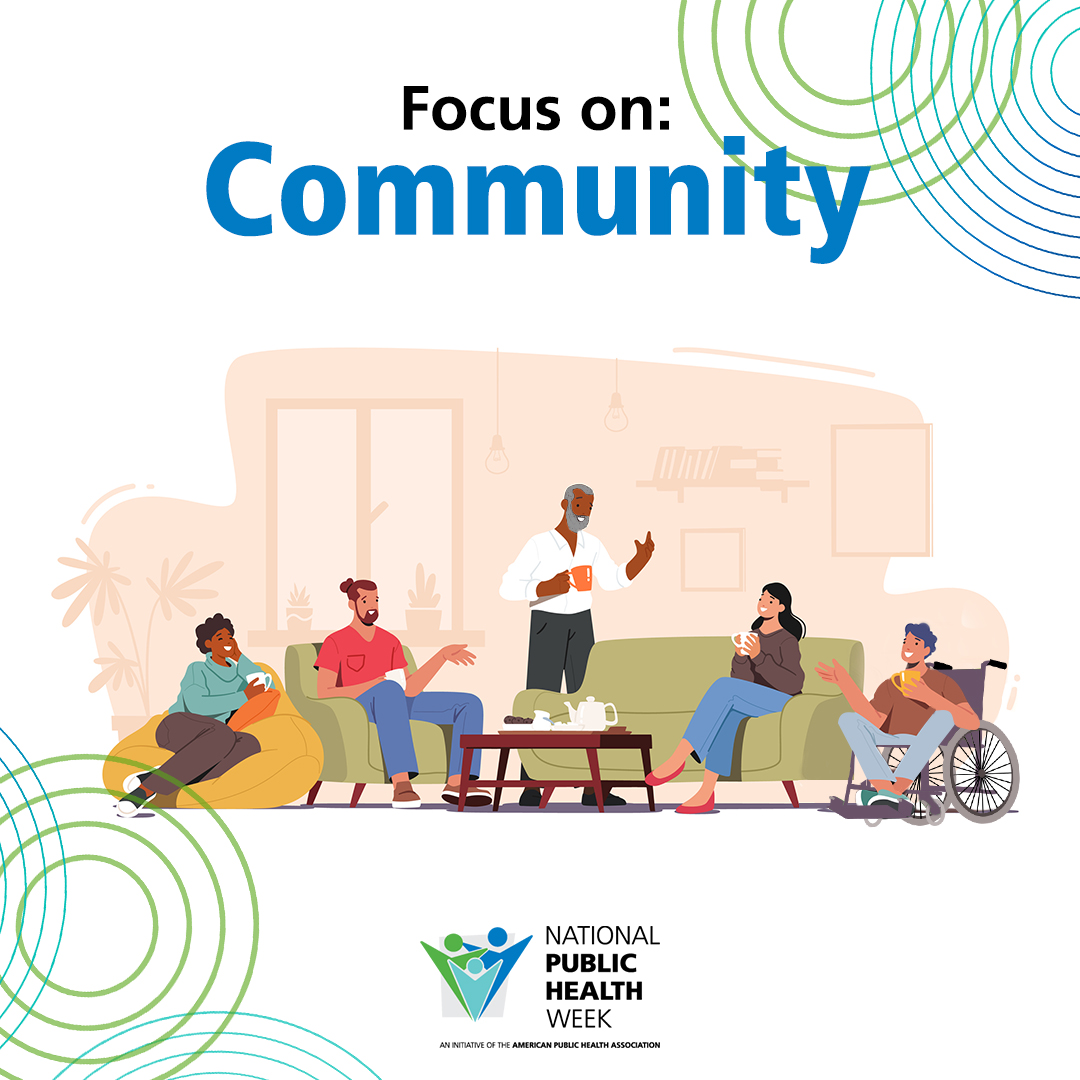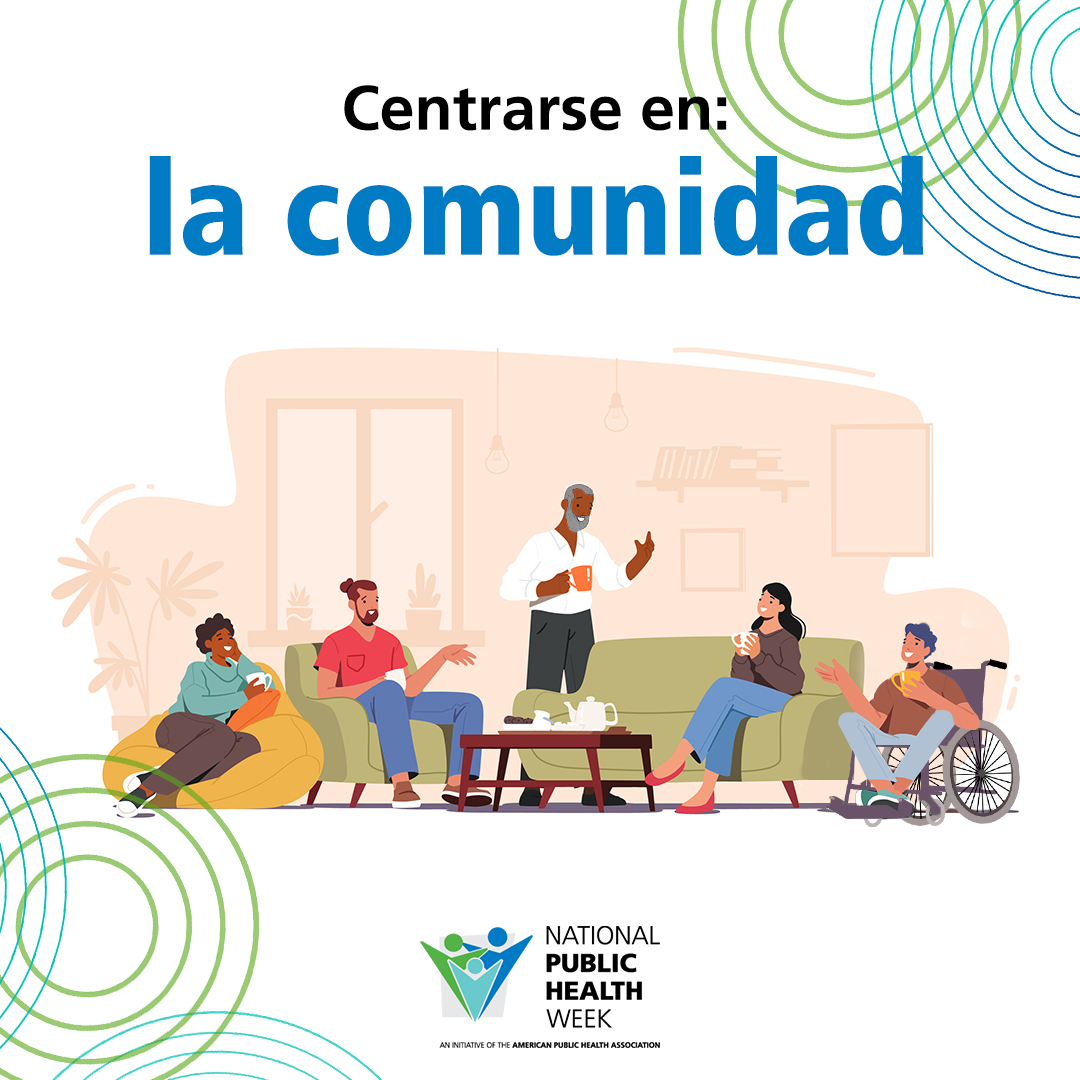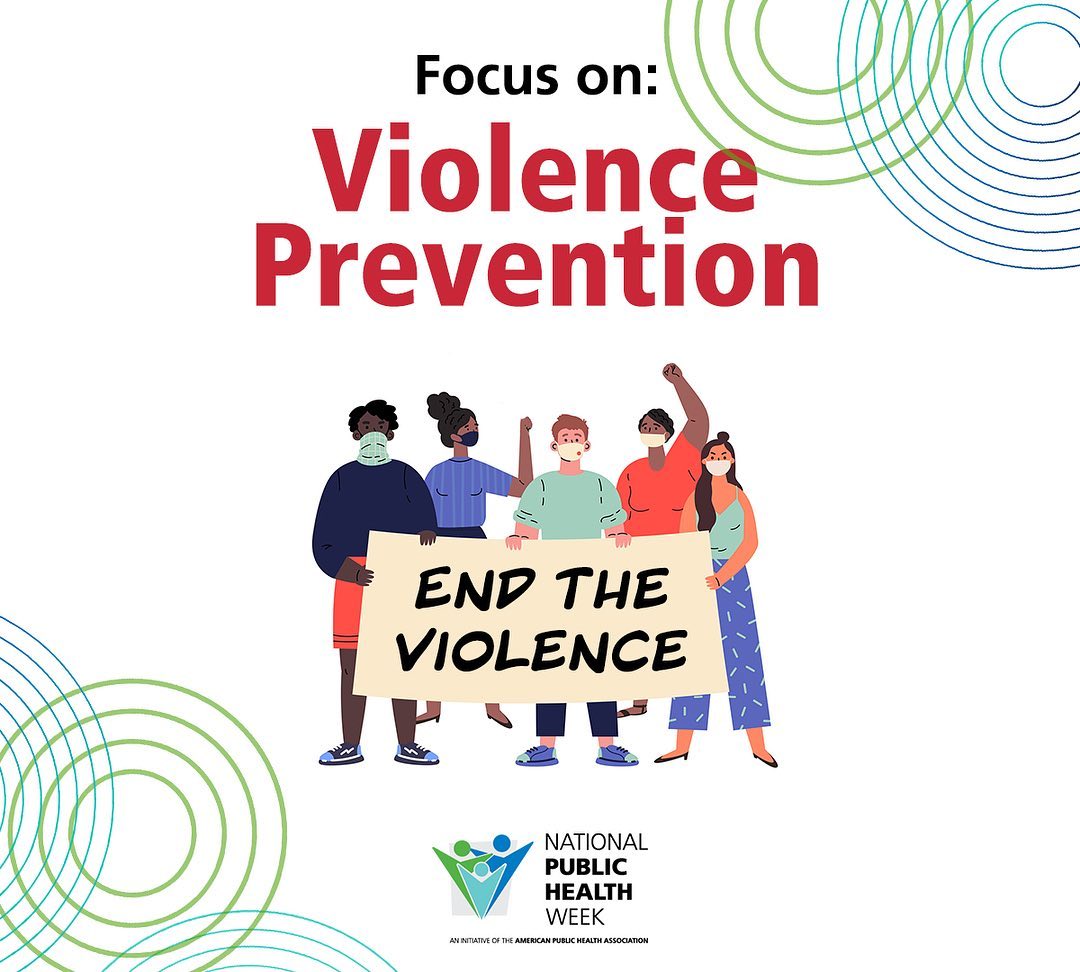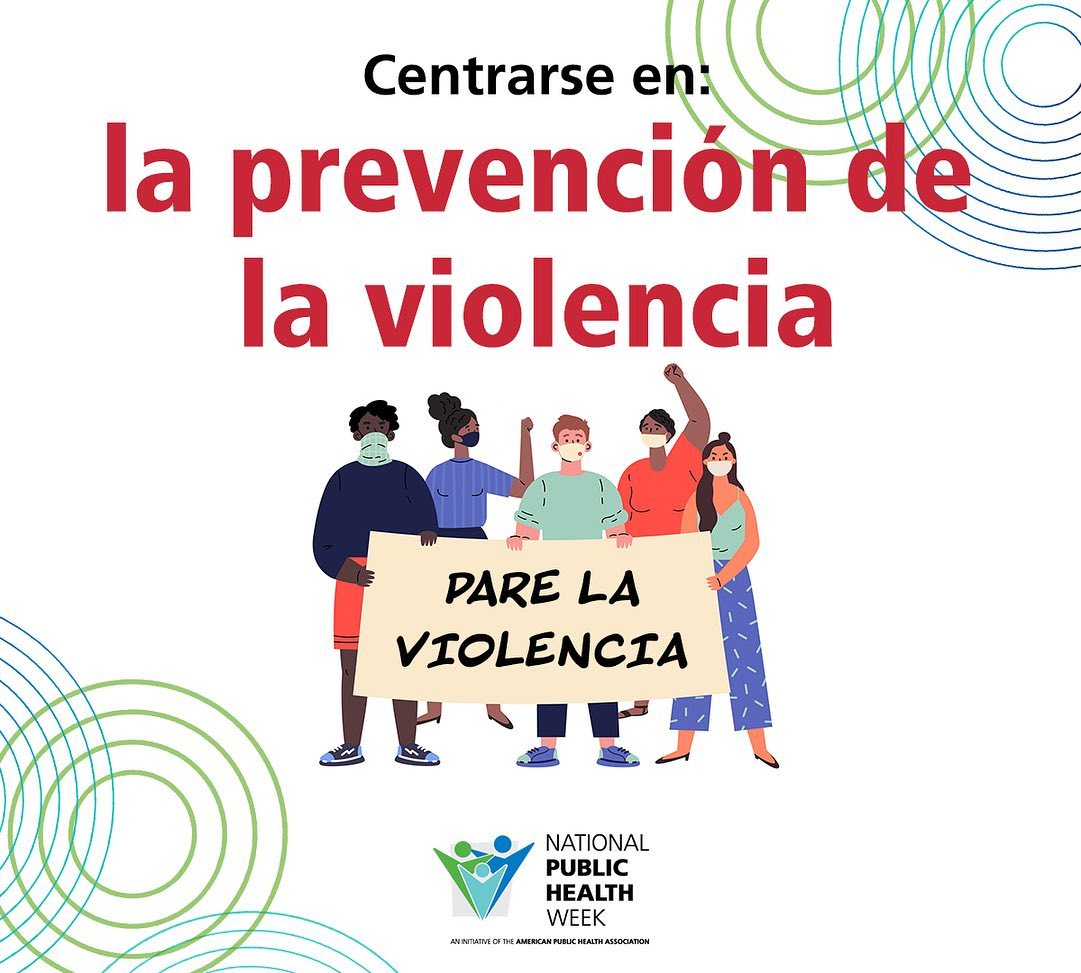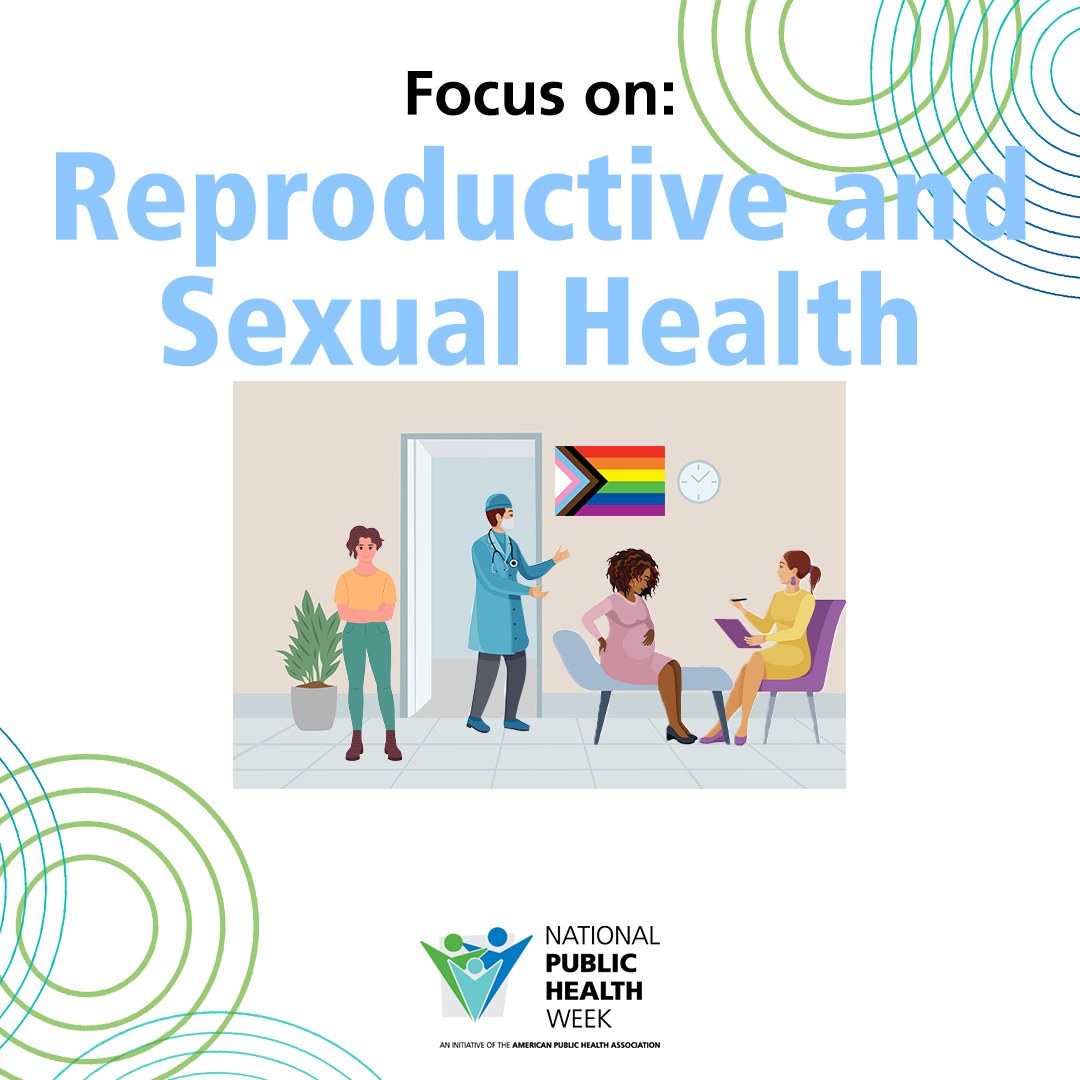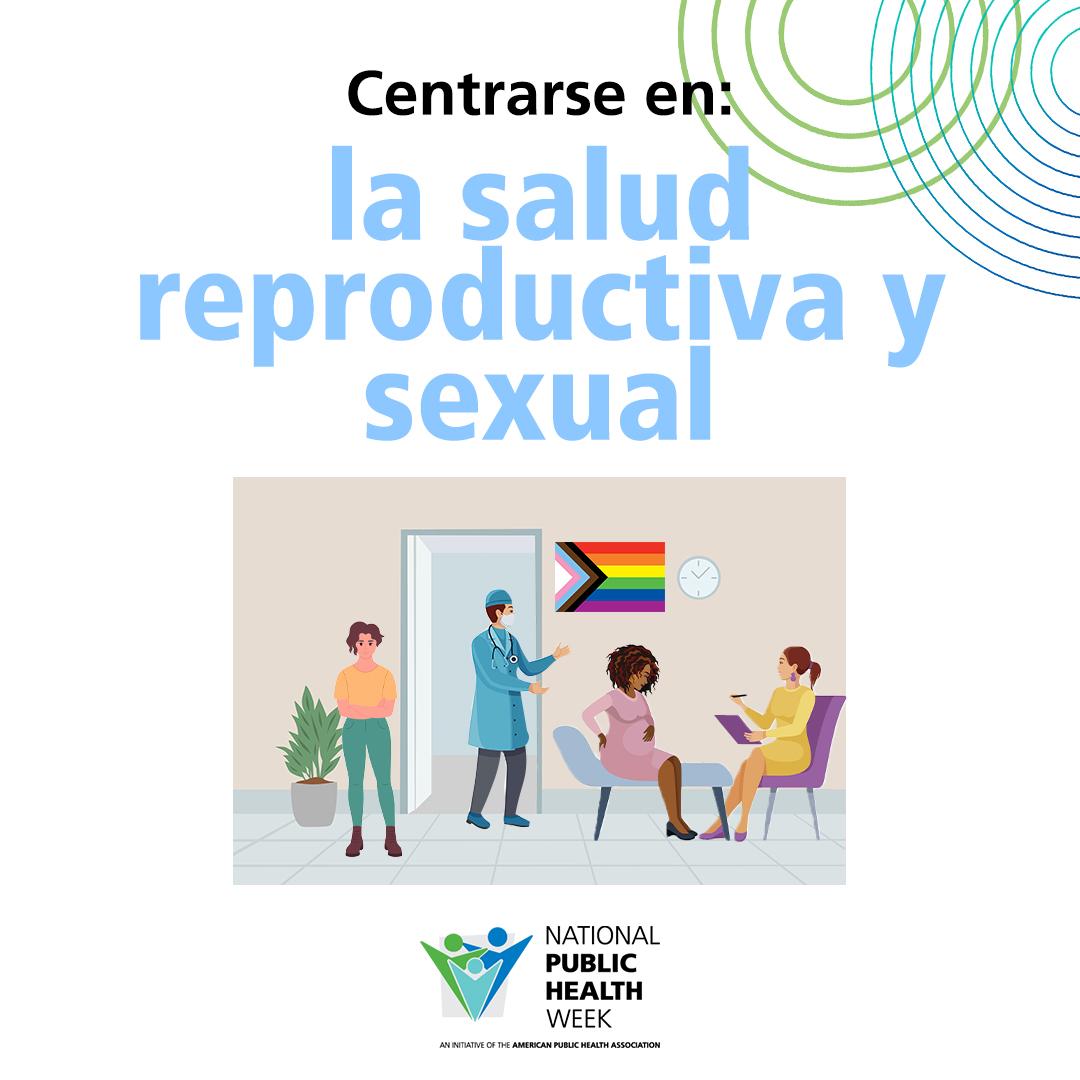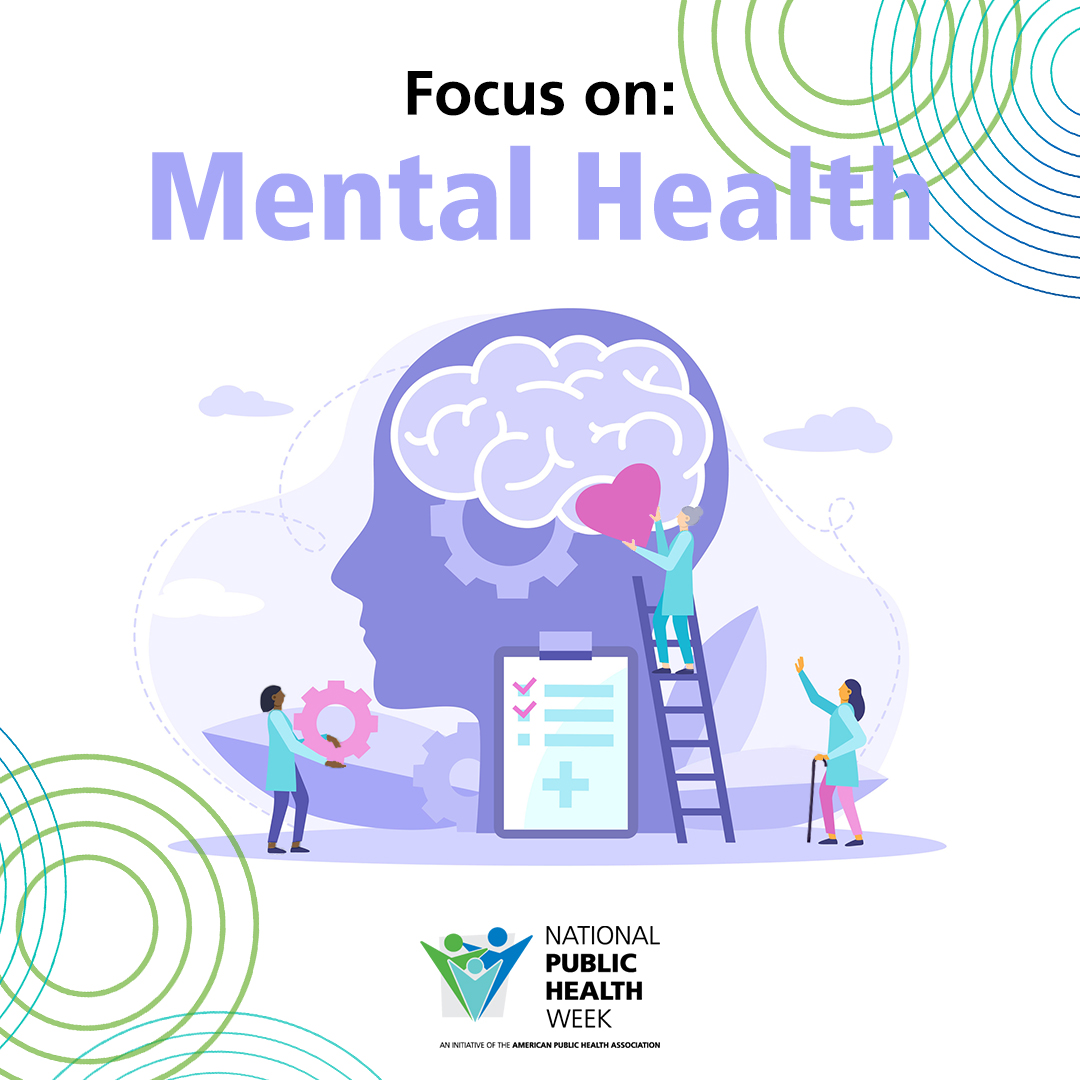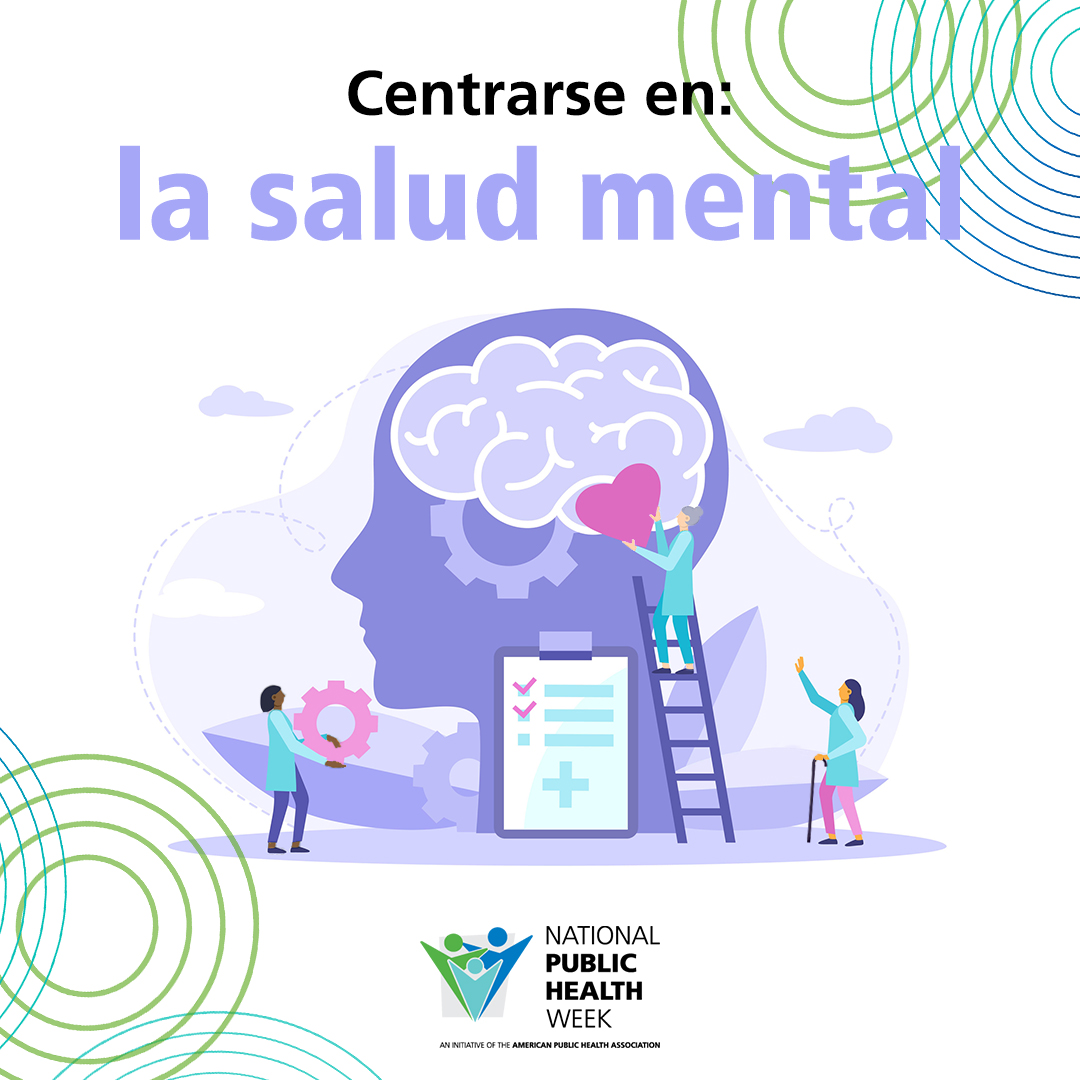National Public Health Week 2023

Download a PDF of the Press Release
Naugatuck Valley Health District Celebrates National Public Health Week!
April 3 – 9, 2023
The first week in April, we celebrate National Public Health Week (NPHW)! This year’s theme, “Centering and Celebrating Cultures in Health”, highlights being part of a community and fostering cultural connections to support our health and quality of our lives. The American Public Health Association has identified the following public health topics for this year’s National Public Health Week:
| Monday | April 3, 2023 | Community |
| Tuesday | April 4, 2023 | Violence Prevention |
| Wednesday | April 5, 2023 | Reproductive and Sexual Health |
| Thursday | April 6, 2023 | Mental Health |
| Friday | April 7, 2023 | Rural Health |
| Saturday | April 8, 2023 | Accessibility |
| Sunday | April 9, 2023 | Food and Nutrition |
Join Naugatuck Valley Health District in observing NPHW 2023 and become part of a growing movement to create the healthiest nation in one generation! We are excited to announce the following community events during NPHW 2023. All community members are invited! Please monitor our website (www.nvhd.org) and our social media pages (Facebook, Twitter and Instagram) for health-related tips, facts, and any inclement weather updates.
- Monday 4/3: Join us at community locations! NVHD staff will be highlighting our community programs at various locations throughout the Valley. Our staff will have a table full of resources and giveaways from 10am-12pm at Shelton Senior Center, Naugatuck YMCA, and the Whittemore Library. NVHD will also be kicking off our April art contest among anyone 5-18 years old that lives in one of the six towns covered by NVHD. Visit our website for more information!
- Tuesday 4/4: Check out our NVHD social media pages for a list of domestic violence resources within the Valley. NVHD is launching our 2023 Community Give Back Program, and for the months of May & April, we will be collecting donations for My Sister’s Place in honor of domestic violence awareness.
- Wednesday 4/6: We encourage residents to follow our social media pages for education about STI prevention tips and where to get tested. FREE condoms will also be available at NVHD for those in need.
- Thursday 4/7: FREE Training! Join us for a virtual QPR (Question, Persuade, Refer) evidence-based suicide prevention training from 6-7pm. To register, please call Lisa at 203-881-3255 x108.
- Friday 4/8: Follow along as we highlight Valley parks and playgrounds through the Active Valley CT website. Visit bit.ly/ActiveValleyCT for the guide featuring low-cost and no-cost physical activity resources in the Lower Naugatuck Valley communities of Ansonia, Beacon Falls, Derby, Naugatuck, Oxford, Seymour, and Shelton!
- Saturday 4/9: Check out our resource list of languages spoken among primary care offices on social media
- Sunday: 4/10: Support the community gardens and farmer’s markets in the Valley! We will be highlighting them all on our social media pages.
The Naugatuck Valley Health District would like to challenge you to participate in a unique activity called letterboxing. Our letterboxing series includes some public health information, it’s fun and a great excuse for you to get some fresh air and exercise. You, your family and friends will seek out small hidden boxes that are planted in local public parks. The boxes are found by following a series of clues. Each box contains a logbook that you can sign and date and a unique hand-carved stamp that you can stamp into your own personal logbook. We will post a new clue each day during Public Health Week (letterboxing clues are also hosted by atlasquest.com and letterboxing.org)
We encourage participants to share a photo of their adventure with us. Photos may be posted on the Naugatuck Valley Health District’s website and social media pages including Facebook, Twitter and Instagram.
Day 1: Community
|
|
People with greater feelings of support, connection and inclusion within their networks may live longer, respond better to stress and have stronger immune systems than those who are isolated from their communities. However, research also shows that cross-sector efforts are needed to redesign the conditions of our social, built and natural environments to promote health equity and improve social determinants of health.
Las personas que se sienten más respaldadas e incluidas dentro de sus redes podrían vivir más, responden mejor al estrés y tienen un sistema inmunitario más fuerte que aquellas que están aisladas de sus comunidades. No obstante, las investigaciones también muestran que se necesitan acciones intersectoriales para rediseñar las condiciones de nuestros entornos sociales, construidos y naturales, para promover la equidad sanitaria y mejorar los determinantes sociales de la salud.
|
|
|
Not all communities face the same rates or kinds of violence. Culturally specific interventions are critical to effective violence prevention and reduction. For example, intimate partner violence or other controlling and abusive behaviors may be normalized in certain cultures due to taboos or patriarchal social norms. Culturally specific programs have reduced violence in those settings by implementing prevention strategies unique to those cultures.
No todas las comunidades enfrentan los mismas índices o tipos de violencia. Las intervenciones específicas son fundamentales para la prevención y reducción eficaces de la violencia. Por ejemplo, la violencia de pareja u otros comportamientos controladores y abusivos pueden normalizarse en ciertas culturas debido a tabúes o normas sociales patriarcales. Los programas culturalmente específicos redujeron la violencia en esos entornos mediante la implementación de estrategias de prevención únicas para esas culturas.
|
|
|
When people receive quality reproductive and sexual health care, education and access, they can fulfill a happier and healthier life.
Cuando las personas reciben atención de salud reproductiva y sexual, educación y acceso de calidad, pueden llevar una vida más feliz y saludable.
|
|
|
Mental health is important at every stage of life. It continuously affects how we think, feel and act. It also plays an important role in our physical and social well-being. In the U.S. alone, millions of Americans are affected by a mental illness. Anxiety disorders, bipolar disorders and depression are some of the most common. In fact, one in five U.S. adults experience mental illness each year. For minority populations, these rates are even higher. Indigenous people in America report experiencing psychological distress 2.5 times more than the general population over a month’s time. Transgender people are nearly four times as likely as cisgender people to experience a mental health condition. Cases of mental illness have recently risen due to the COVID-19 pandemic. Rates of anxiety, depression and substance use disorder have increased, particularly for communities of color. In fact, symptoms of depression were reported 59% more frequently by Hispanic adults than non-Hispanic white adults.
La salud mental es importante en cada etapa de la vida. Afecta continuamente cómo pensamos, sentimos y actuamos. También juega un papel importante en nuestro bienestar físico y social. Solo en los Estados Unidos, millones de estadounidenses se ven afectados por una enfermedad mental. Los trastornos de ansiedad, trastornos bipolares y la depresión son algunos de los más comunes. De hecho, uno de cada cinco adultos estadounidenses experimenta una enfermedad mental cada año. Para las poblaciones minoritarias, estas tasas son aún más altas. Los pueblos indígenas en América informan haber experimentado angustia psicológica 2.5 veces más que la población general durante un mes. Las personas transgénero tienen casi cuatro veces más probabilidades que las personas cisgénero de experimentar una afección de salud mental. Las enfermedades mentales han aumentado recientemente debido a la pandemia de COVID-19. Los índices de ansiedad, depresión y trastorno por uso de sustancias aumentaron, particularmente para las comunidades de color. De hecho, se indicó que los síntomas de depresión se presentan con una frecuencia 59% mayor en adultos hispanos que en adultos no hispanos.
|
Go Back
